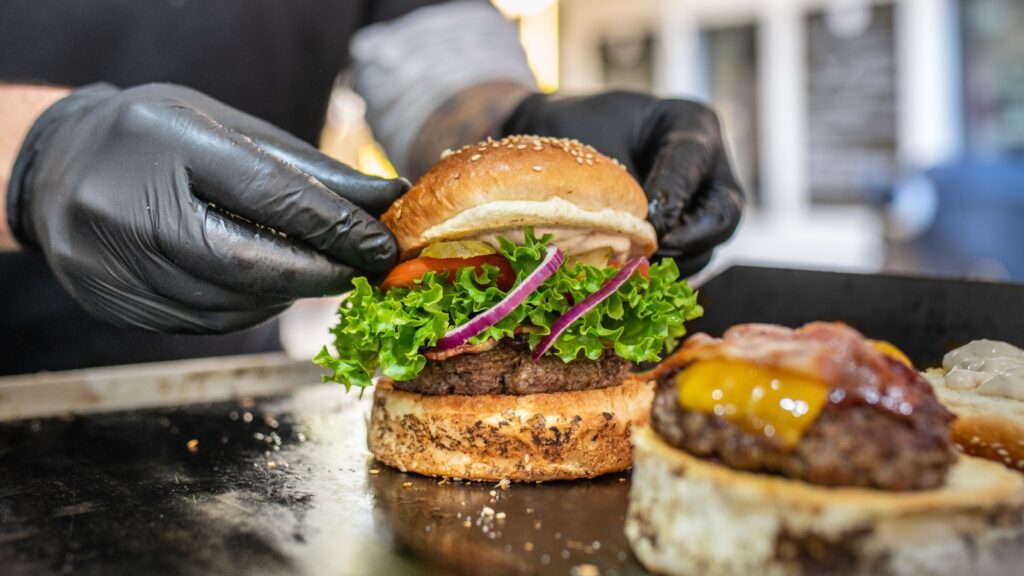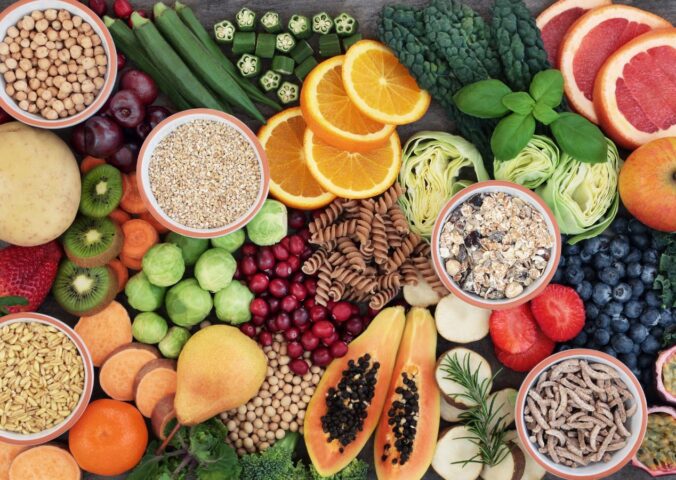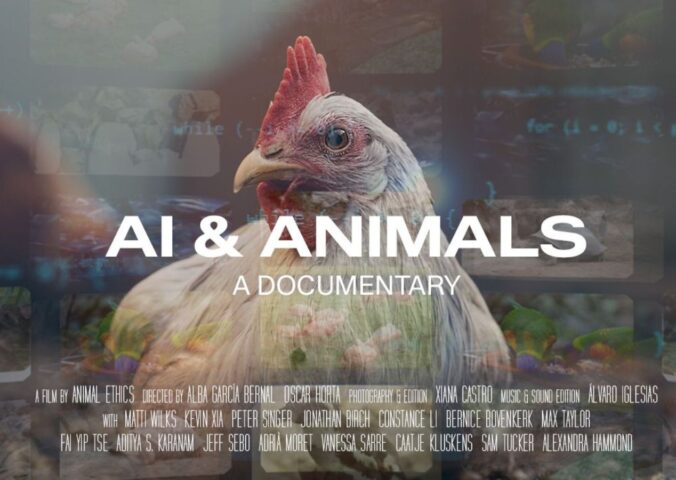Henry Dimbleby, the UK government food tsar, has warned that England must reduce its meat and dairy consumption to meet climate goals and avoid ecological breakdown.
Dimbleby is the lead non-executive board member for the Department for Environment, Food, and Rural Affairs (Defra). He also co-founded the Leon restaurant chain, as well as the Sustainable Restaurant Association.
The latter is a nonprofit trying to accelerate change towards a more environmentally “restorative” hospitality sector.
Dimbleby acknowledged in an interview with The Guardian that impressing the importance of eating less meat onto the general public will be “politically toxic.” He iterated, however, that it is the only route to meeting biodiversity and climate targets set by the government.
At the base of his observation is the issue of sustainable land use. Currently, 85 percent of agricultural space is used to graze animals or grow crops for livestock feed.
“It’s an incredibly inefficient use of land to grow crops, feed them to a ruminant or pig or chicken which then over its lifecycle converts them into a very small amount of protein for us to eat,” Dimbleby said.
He proposed a 30 percent drop in meat consumption over the next decade to bring about more efficient land use.
Others have gone further, however. A University of Oxford report from 2018 stated that we need to reduce beef consumption by 90 percent and milk by 60 percent to avoid climate catastrophe.
Why ditch meat and dairy?
Dimbleby has produced two government-commissioned reports on existing food systems in the UK. He’s regarded as an expert in the field. Despite this, the 2020 white paper that followed the reports was accused of removing his key message of drastically reducing meat intake.
However, Dimbleby’s reduction recommendation was a mild precursor to IPCC expert reviewer Dr. Peter Carter’s call for total global veganism.
Citing the removal of meat and dairy from diets as essential in the fight against the climate crisis, Carter hails plant-based lifestyles as “imperative” for survival. This, in large part, is due to the vast emissions generated by animal agriculture.
Convincing the public to reduce meat intake
Despite pressure from farm-reliant countries to hinder the promotion of plant-based diets, consumers have been adapting their eating habits. Even in the UK, with its strong ties to farming heritage, research suggests meat consumption may be starting to fall.
New research from the Office for National Statistics claims that around one in four UK adults are reducing meat intake. This is thought to be in response to the cost of living crisis and the rising price of meat.
Beef and chicken, the latter being the UK’s favorite meat, are both now too expensive for many to buy regularly. As a result, Co-op’s CEO, Steve Murrells, noted at the Retail & eCommerce directors’ forum that he can foresee a major shift to vegan meat alternatives.
One UK town is pressing ahead with the vegan mandate. It signed up to the Plant Based Treaty, an extension of the Paris Agreement.
Haywards Heath in Sussex made the pledge. It hopes to convince its 34,000 residents to reduce their dependence on animal products. The local authority is starting by encouraging schools and businesses to make radical changes to qualify for environmental awards.






